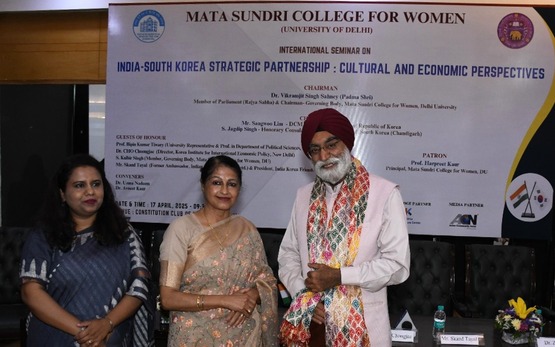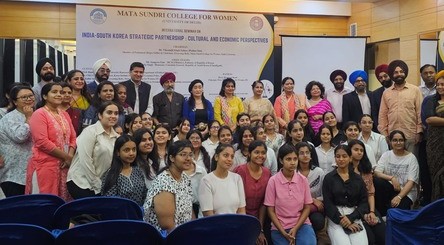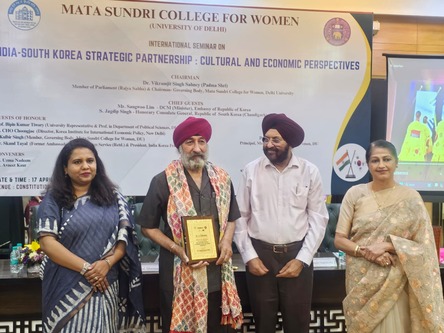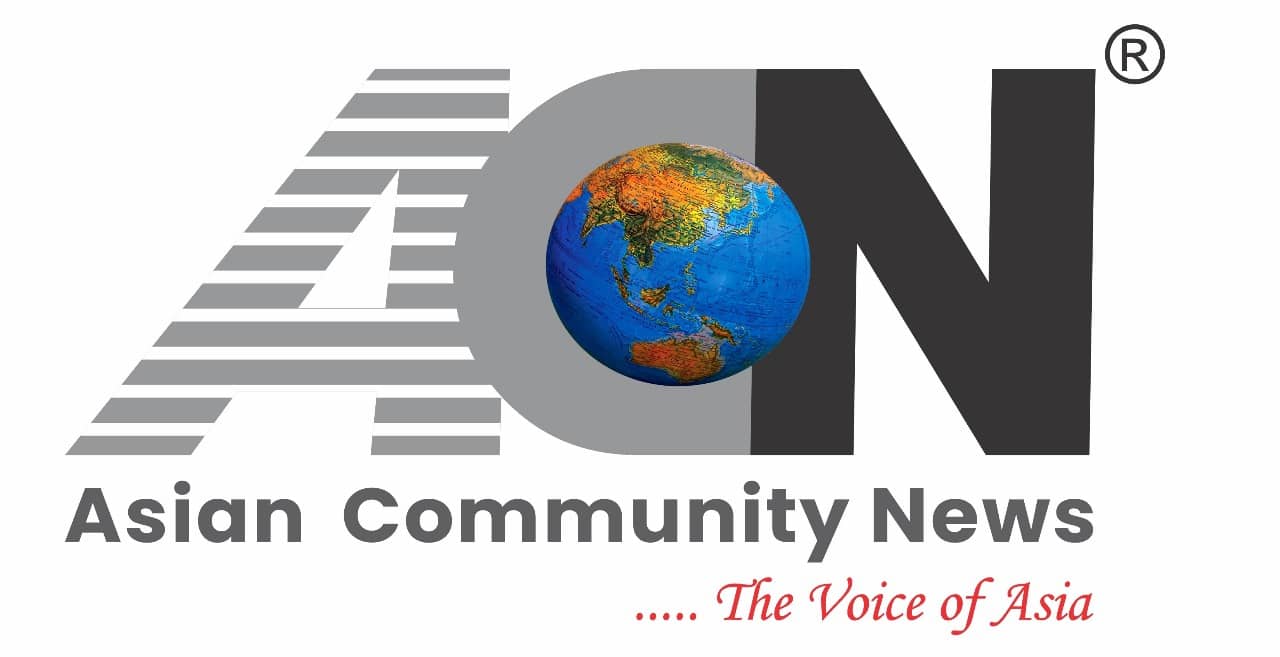India Must Learn from Korea’s Development Path: Former Envoy Skand Tayal
Former ambassador’s remarks highlight stark economic contrast and call for urgent introspection at India–South Korea seminar in New Delhi.
New Delhi, India — At a high-profile international seminar on India–South Korea Strategic Partnership: Cultural and Economic Perspectives held at the Constitution Club of India, former Indian Ambassador to South Korea (2008–2012) Skand R. Tayal delivered a compelling address that underscored the striking economic disparity between the two nations and urged India to introspect and emulate Korea’s focused development model. S. Jagdip Singh, Honorary Consul General of South Korea and Chairman of SIGMA Corporation, New Delhi, sponsored the event.
 Reflecting on the shared colonial history and simultaneous liberation timelines of India and South Korea, Ambassador Tayal expressed concern that, despite similar beginnings, Korea’s per capita income had soared to nearly $40,000. At the same time, India’s remained around $4,000. “What went wrong?” he asked pointedly, triggering thoughtful reflection among the audience.
Reflecting on the shared colonial history and simultaneous liberation timelines of India and South Korea, Ambassador Tayal expressed concern that, despite similar beginnings, Korea’s per capita income had soared to nearly $40,000. At the same time, India’s remained around $4,000. “What went wrong?” he asked pointedly, triggering thoughtful reflection among the audience.
Ambassador Tayal credited Korea’s post-independence trajectory to massive investments in education, especially vocational training, and infrastructure, beginning in the early 1960s. “By the end of that decade, Korea had achieved 100% literacy,” he noted. A major turning point in Korea’s infrastructure growth, he recalled, was the construction of the Busan Toll Highway, which laid the foundation for further modernization.
 He also emphasized cultural commonalities between India and Korea, such as respect for elders and a forward-looking mindset. However, he highlighted areas where Korea had leapt ahead socially and institutionally, citing that over 50% of the staff at the Ministry of Foreign Affairs in Korea are women, and that Koreans are renowned for their punctuality, both in professional and civic life.
He also emphasized cultural commonalities between India and Korea, such as respect for elders and a forward-looking mindset. However, he highlighted areas where Korea had leapt ahead socially and institutionally, citing that over 50% of the staff at the Ministry of Foreign Affairs in Korea are women, and that Koreans are renowned for their punctuality, both in professional and civic life.
Joining him in the inaugural session was Prof. Charan Singh, CEO and Founder of the EGROW Foundation, who analyzed India’s economic trajectory in comparison with Korea and China. “India needs to grow at a pace of 13% per annum to catch up with the developed world,” he asserted. “China sustained a 10% growth rate from 1985 to 2015, and Korea grew at a consistent 8% from 1962 to 1989. The question remains—can India do it?”
The event was organized by Mata Sundri College for Women under the University of Delhi and attracted an esteemed gathering of diplomats, scholars, policymakers, and students. In her welcome address, Professor (Dr.) Harpreet Kaur, the college’s principal, spoke extensively about the evolving and deepening cultural and economic ties between India and South Korea. She emphasized the importance of such dialogue in fostering stronger bilateral ties in a rapidly changing global order.
 The seminar featured two thematic sessions. The first session, chaired by Dr. S.P. Sharma, Managing Director and Chief Economist at NEO Economists, focused on the interplay between culture and economics in the Indo-Korean relationship. Eminent speakers included Dr. Manoranjan Sharma, Dr. Neerja Samjadhar from Jawaharlal Nehru University (JNU), and Sardar Daljeet Singh from the All India Management Association (AIMA).
The seminar featured two thematic sessions. The first session, chaired by Dr. S.P. Sharma, Managing Director and Chief Economist at NEO Economists, focused on the interplay between culture and economics in the Indo-Korean relationship. Eminent speakers included Dr. Manoranjan Sharma, Dr. Neerja Samjadhar from Jawaharlal Nehru University (JNU), and Sardar Daljeet Singh from the All India Management Association (AIMA).
The second session, chaired by Professor Sheetal Sharma of JNU’s Centre for European Studies, explored future cooperation trajectories. Notable speakers included Dr. Rahul Raj, Assistant Professor of Korean Studies at JNU, Professor Anil Rai from the University of Delhi, and Dr. Simarjot Singh Kochar, Founder of the World Cultural Hub.
The conveners of the seminar, Dr. Uzma Nadeem and Dr. Avneet Kaur, under the guidance and supervision of Chief Advisor Dr. J.S. Sabharwal, ensured a seamless flow of discourse throughout the day. Distinguished attendees included Captain L.S. Bhel of the Indo-Dutch Chamber of Business and Sciences and DIG Sardar Pratap Singh, Secretary General of the Sikh Forum.
The Asian Community News (ACN) Network, under the leadership of Sanjeev K. Ahuja, served as the official media partner. At the same time, the Indo-Korea Business and Cultural Centre (IKBCC) added scholarly depth as the knowledge partner.
The seminar concluded with a special networking lunch session, allowing participants to exchange ideas and explore new collaborations. As India and Korea continue to deepen their engagement in the Indo-Pacific region, the event underscored the importance of learning from Korea’s experience and charting a bold new course for the bilateral partnership.


